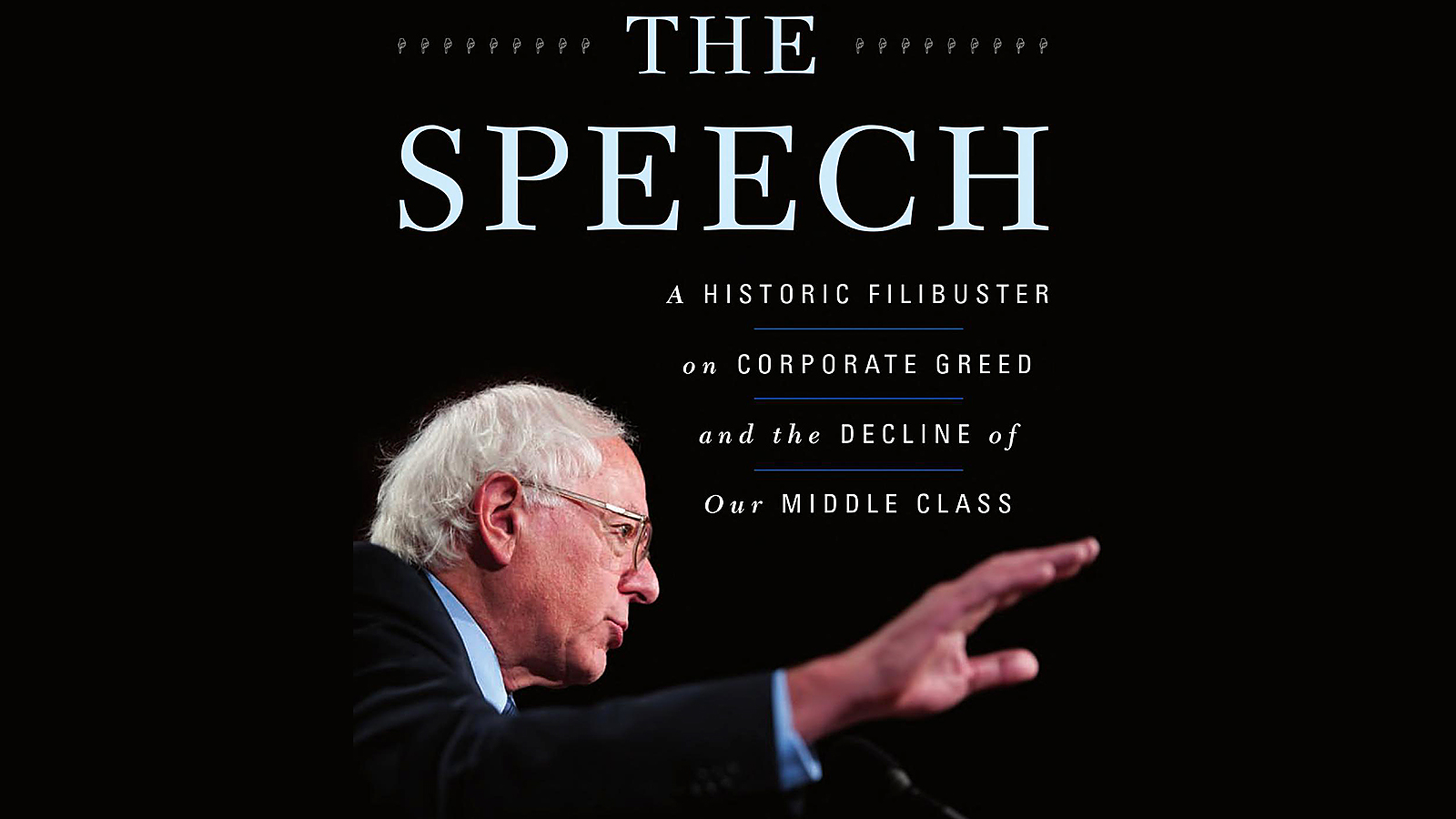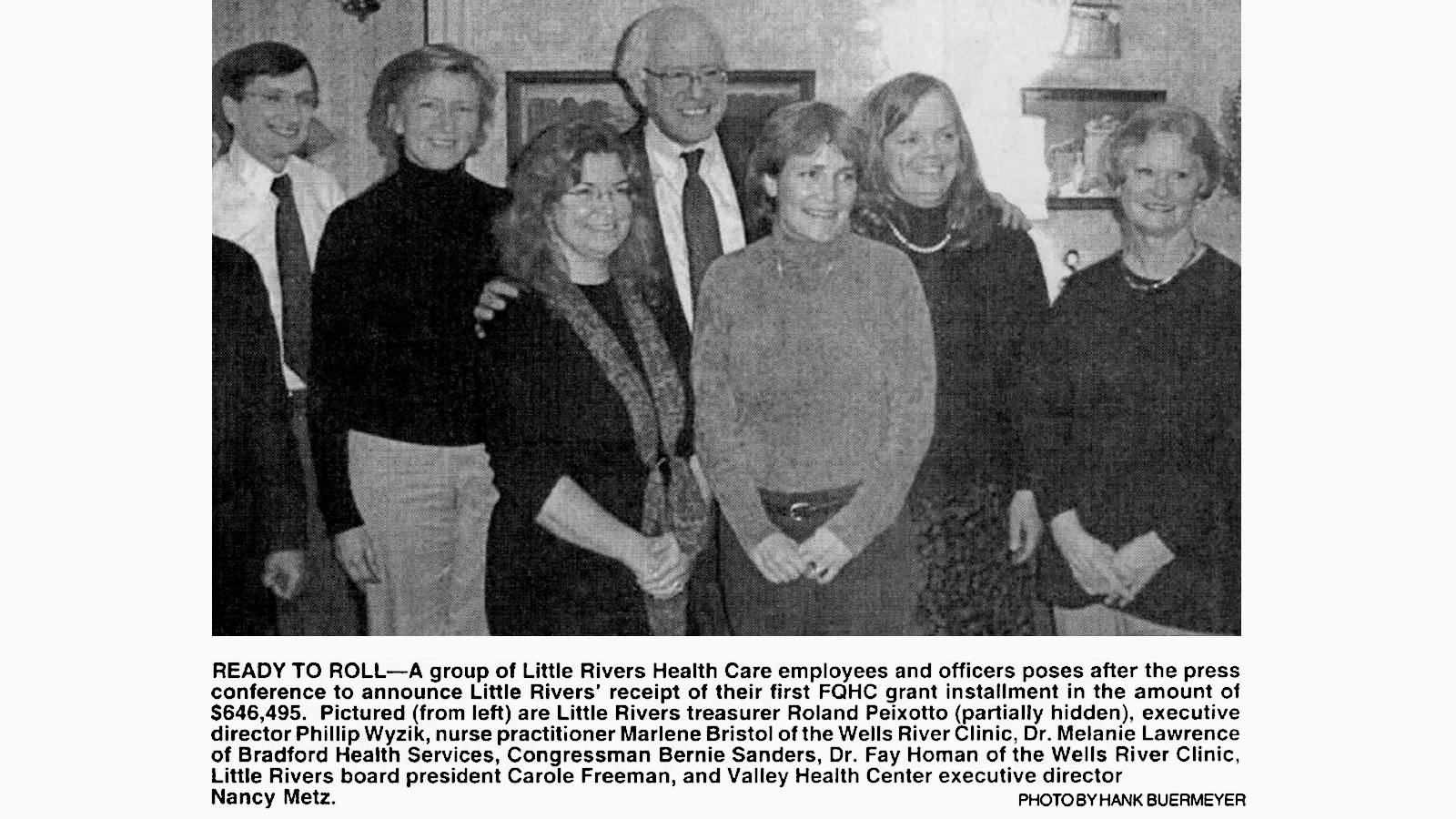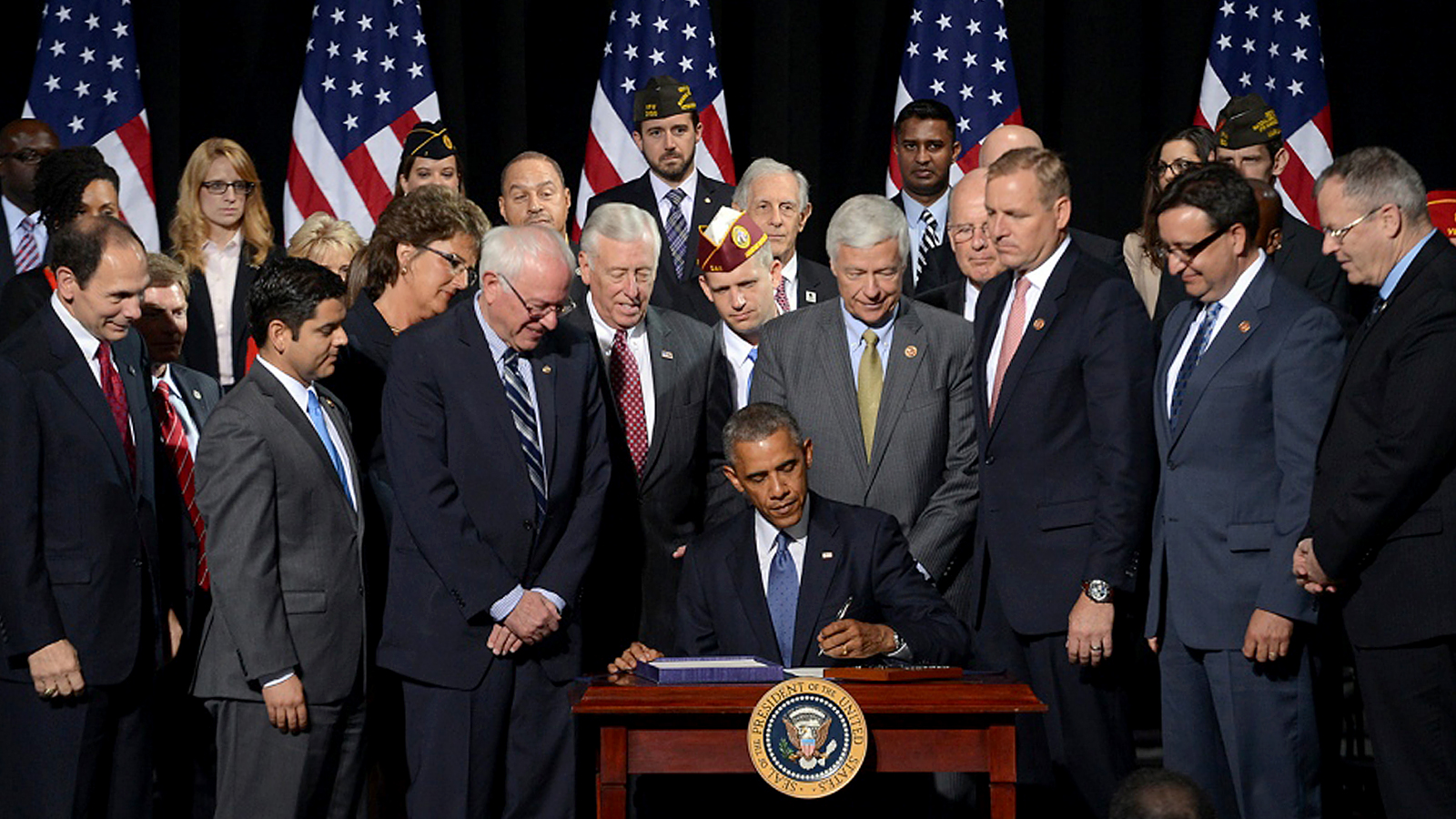On December 10, 2010, Senator Bernie Sanders conducted a filibuster against proposed legislation to extend George W. Bush-era tax cuts entitled the Tax Relief, Unemployment Insurance Reauthorization, and Job Creation Act of 2010. Sanders objected to the extensions for those in the highest income brackets, highlighting programs and causes he thought should take priority in the Senate agenda.
Bernie spoke for eight hours and thirty-seven minutes on the floor of the U.S. Senate, with no proposed end time and only a glass of water in front of him. This day would prove to be one of the most important of his career: resulting in a best-selling book and the first suggestions from the progressive party that he should make a run for president.
“The Senator from Vermont led a stalling session resembling a filibuster against Obama’s tax proposal on the Senate floor Friday, after earlier promising “to take as long as I can to explain to the American people the fact that we have got to do a lot better than this agreement provides. The near-filibuster began at 10:25 AM and became so popular that it temporarily shut down the Senate video server.”[1]
Sanders kicked off the debate on the bill with a two-hour stand in opposition to the tax cut deal before handing over the lectern to Sen. Sherrod Brown (D-Ohio) and then Sen. Mary Landrieu (D-La.).[1]
“How can I get by on one house?” Sanders said. “I need five houses, ten houses! I need three jet planes to take me all over the world! Sorry, American people. We’ve got the money, we’ve got the power, we’ve got the lobbyists here and on Wall Street. Tough luck. That’s the world; get used to it. Rich get richer. Middle class shrinks.”[1]
In discussing the cost of Obama’s plan, Sanders castigated Republicans for “hypocrisy” in their concern over the debt and deficit, saying that if they voted on the package, there should be “no more lectures” from GOP senators about spending. However, Sanders said the issue wasn’t only about the price of the two-year extension of the tax cuts but about the precedent set by the deal.[1]
“If [Obama] caves in now, who’s going to believe that he’s not going to do the same thing in two years,” Sanders said, expressing his belief that a vote in the future would produce a further and perhaps permanent extension of the cuts.[1]
Despite his objections, the bill eventually passed the Senate with a substantial majority and was signed into law on December 17, 2010. However, Sanders historic filibuster resulted in a book entitled “The Speech: A Historic Filibuster on Corporate Greed and the Decline of Our Middle Class.” Authored by U.S. Senator Bernie Sanders and published in 2011 by PublicAffairs, it was reprinted by Bold Type Books in 2015.
Rolling Stone journalist Matt Taibbi praised the book, and Senator Sanders, stating: “Bernie Sanders is such a rarity, and people should appreciate what he’s doing not just for his home state of Vermont, but for the reputation of all politicians in general.”[2]
In response to the speech, hundreds of people signed online petitions urging Sanders to run in the 2012 presidential election, and pollsters began measuring his support in key primary states. Progressive activists such as Rabbi Michael Lerner and economist David Korten publicly voiced their support for a prospective Sanders run against President Obama. While Sanders declined to run for president in 2012 (instead running for re-election to the Senate), he would later run for president in 2016 and again in 2020.[2]
 Back to Timeline
Back to Timeline


